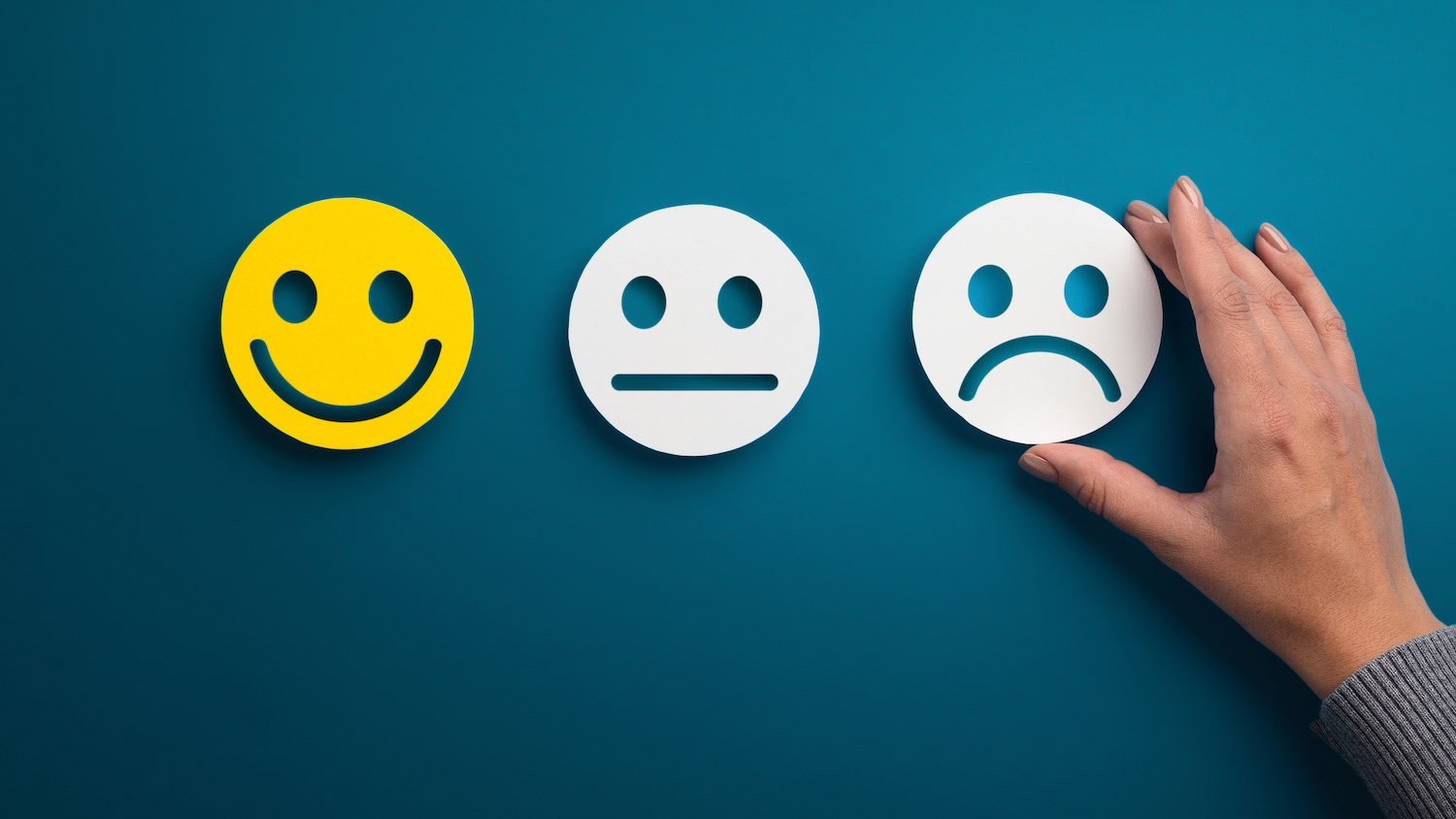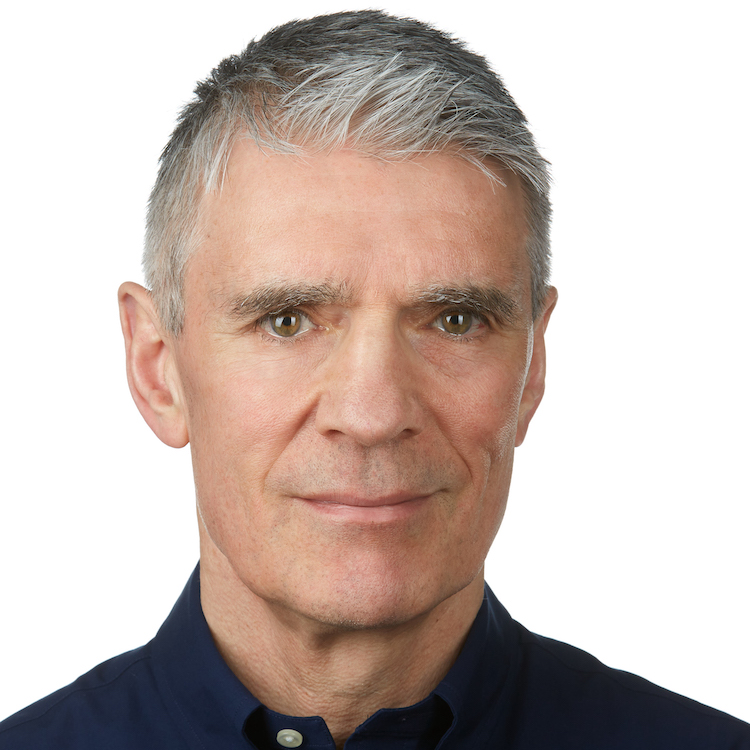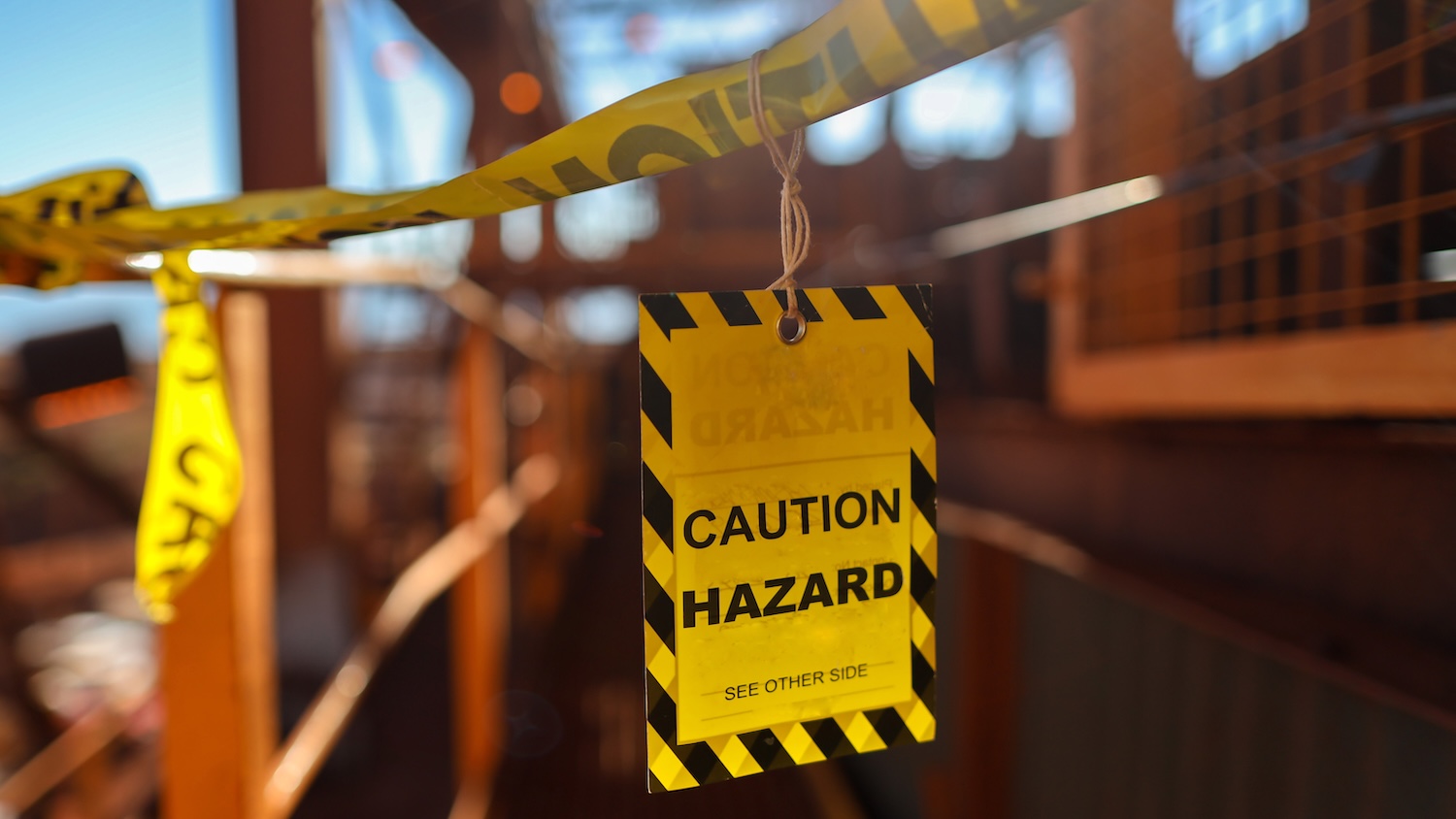
The pursuit of happiness: helping construction leaders find confidence
Lost your confidence? That’s normal. But what can you do about it?
People look to others who have clarity of thought and confidence to show the way forward, even more so in these tricky times. We call them leaders.
But there’s a problem. Most of us are sitting hour after hour, day in day out, in front of a computer screen, and our heads are spinning.
This is normal because maintaining clarity of thought takes energy, and energy always dissipates. Over periods of time, our thinking becomes disordered and chaotic in a process called psychic entropy.
With sleep, food and rest, we can reboot our energy and regain clarity of thought.
But after talking to a client, whom I’ll call John, I now think that the combination of recent and current calamities and the proliferation of media in recent years makes us even more susceptible to psychic entropy.
John is frazzled, fed up and distracted. His confidence is down. He’s doubting himself, and he’s not alone.
Recent invaders of the mind
In his book Flow: The Psychology of Happiness, Mihaly Csikszentmihalyi talks about recent invaders of the mind – unfulfilled wants and/or ambitions; being overwhelmed by pressing responsibilities; dashed expectations; fear of failure; loneliness and frustration.
I think we should be kinder on ourselves because it’s only very, very recently that we humans have been exercised by these sorts of things.
Here’s where 2.5 million years of hominid evolution led us: happy together round the fire, not hunched over a laptop at our dining room table, checking our phones while keying in the password for the fourth Zoom of the day
If you recorded our 200,000-year existence as a species on Earth in a very thick book, with a page for each century (giving 2,000 pages), our time as networked, screen-bound information managers would appear in the very last paragraph.
Given that we started domesticating plants and animals and living in villages just 12,000 years ago, our entire history as “civilised” humans occupies only the last 120 pages of this book, or the final 6%.
For 94% of it we hunted and gathered in small bands out on the savannah, in tune with nature and each other. We weren’t overwhelmed by abstract commercial and legal pressures and information overload.
We risked death bringing down a bison, but then spent two weeks feasting, horsing around and boasting about it. Talk about work-life balance!
That’s where the thrust of 2.5 million years of hominid evolution led us: happy together round the fire, not hunched over a laptop at our dining room table, checking our phones while keying in the password for the fourth Zoom of the day.
And now, more invaders to distract us
Flow came out in 1990. What a simple time that was, before the Internet, smartphones and social media got busy bombarding us with worries about Brexit, pandemics, the climate crisis, councils going bust and so on.
All of these things conspire to distract us and, when we lose clarity of thought, we lose confidence. The two go hand in hand.
It takes energy to fight entropy, and psychic entropy is no different.
John’s head is swirling and he is disengaged, detached. He has become overwhelmed and now he’s frozen with indecision. He’s full of self-doubt which is making him procrastinate. He is paralysed as a leader.
I see it all the time and it’s me
As a coach, I see psychic entropy all the time. It’s the norm, individually and collectively. “So, it’s not just me!” John said when I told him.
Psychic entropy affects groups. When I coach leadership teams, we get together for quarterly sessions. Typically, they start each quarterly session in a state of psychic entropy: frazzled, fed up, distracted
Psychic entropy affects groups, too. When I coach leadership teams, we get together for quarterly sessions. Typically, they start each quarterly session in a state of psychic entropy: frazzled, fed up, distracted.
Then we work together on their clarity and confidence – and they go away ready to bring down their bison. Then the cycle repeats because energy always dissipates.
Now you know its normal, what can you do?
One way to improve your clarity is to work on your confidence because confidence gives us energy. When you’re confident, you can do anything.
Over the years, I’ve identified 10 things I like doing that also boost my confidence, and I do at least one of those every day, deliberately, to protect my confidence.
This week I am doing a one-hour session on Zoom explaining the importance of confidence and how to protect it. This one is fully booked, though I am repeating it soon.
These sessions are for anyone who wants to get stuff done in these tricky times, whether you’re the leader of a big project, like John, or one of his many very important people.
If you’re sitting there procrastinating, wondering if you are doing the right thing, or doubting yourself, chances are you’re not producing, or you are not inspiring others to produce.
This session may well be just the thing you need at this time to regain and protect your confidence, so you can think clearly and move forward.
To protect your confidence, find out more and reach me here.
Dave Stitt FCIOB is a chartered civil engineer, and professional certified coach at DSA Building Performance.
Comments
Comments are closed.







IIn reading this article, I couldn’t help but resonate deeply with the struggles outlined. It’s a raw, honest depiction of the battles many of us face daily – the relentless onslaught of doubts, the constant wrestling with imposter syndrome, and the exhausting quest for confidence amidst the chaos of modern life. As someone who has walked that same path, I know firsthand the weight of self-doubt, the suffocating grip of uncertainty, and the paralysing fear of not measuring up.
But amidst the darkness, there’s a flicker of hope. The author’s acknowledgment of psychic entropy struck a chord within me – the recognition that our minds are not immune to the relentless barrage of distractions and pressures. Yet, in that acknowledgment lies the seed of empowerment. It’s a reminder that we’re not alone in this struggle, that our battles are shared by many.
And so, I’m reminded of my own journey – the moments of triumph, however small, amidst the sea of doubt. I’ve learned that confidence isn’t a constant state but a journey, a deliberate effort to nurture and protect amidst life’s storms. It’s about finding those moments of clarity, those sparks of passion, and holding onto them fiercely.
As I reflect on my own experiences, I’m reminded of the resilience within each of us – the capacity to rise above our doubts, to reclaim our confidence, and to forge ahead despite the odds. It’s not easy, and the road ahead may be fraught with challenges, but it’s a journey worth taking.
So, to anyone grappling with doubt, struggling with imposter syndrome, or feeling lost in the chaos – know that you’re not alone. Your struggles are valid, your journey is unique, and your resilience is boundless.
And as we navigate the turbulent waters of life, may we find solace in our shared humanity, strength in our collective struggles, and hope in the knowledge that, together, we can overcome even the greatest of challenges.